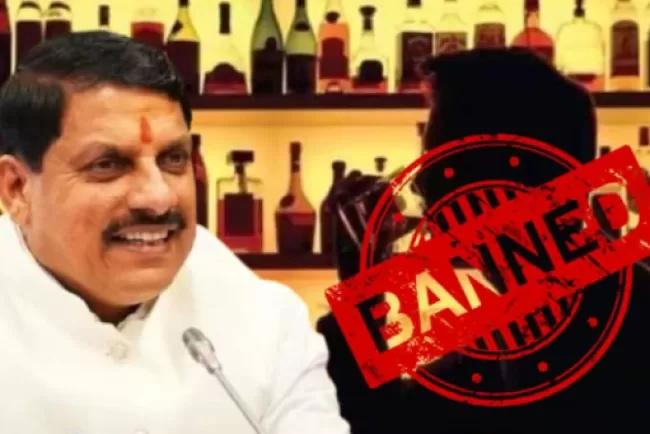Netanyahu Family's Critique of Macron: Tensions Over Palestinian State Recognition
Israeli Prime Minister Benjamin Netanyahu and his son Yair have criticized French President Emmanuel Macron's suggestion to recognize a Palestinian state, raising tensions in international relations. What does this mean for the future of peace negotiations? Read on for insights.
The recent comments made by French President Emmanuel Macron regarding the potential recognition of a Palestinian state have ignited a strong backlash from Israeli officials, particularly Prime Minister Benjamin Netanyahu and his son Yair Netanyahu. In a televised interview with France 5, Macron indicated that France might move towards recognizing Palestinian statehood during a forthcoming UN conference in June, a statement that Netanyahu has labeled as a misstep.
Macron's Proposal and Its Implications
Macron's remarks suggest that recognizing a Palestinian state could inspire reciprocal recognition of Israel by Arab nations, a point that he believes could bolster peace efforts in the region. However, both Netanyahu and Yair Netanyahu have vehemently opposed this suggestion. Yair Netanyahu went so far as to accuse Macron of neoimperialism and called for independence for various French territories, including New Caledonia and Corsica, in a social media post that began with an expletive.
Prime Minister Netanyahu, while distancing himself from his son's tone, echoed the sentiment of disapproval, stating that Macron's stance was misguided. He emphasized that he does not accept moral lectures from leaders who oppose the independence of French territories, indicating a broader critique of France's colonial past and its implications for current geopolitical discussions.
The Context of International Recognition
France's historical support for a two-state solution has made Macron's comments particularly significant. While many countries have recognized Palestinian statehood, including Ireland, Spain, Norway, and Slovenia, Macron's potential policy shift could represent a major change in France's diplomatic stance. Currently, 147 countries recognize Palestine as a state, bringing to light the increasing global support for Palestinian sovereignty.
The debate surrounding Palestinian statehood remains contentious, with Israel viewing it as a threat to its security and existence. Netanyahu's firm stance reflects a broader Israeli concern regarding unilateral recognition of Palestine, which they argue could undermine peace negotiations aimed at a two-state solution.
Conclusion
As the situation unfolds, the Netanyahu family's strong criticism of Macron underscores the complexities of international diplomacy regarding the Israeli-Palestinian conflict. With countries divided on the issue of Palestinian statehood, the path to a lasting peace remains fraught with challenges. The upcoming UN conference in June will likely serve as a pivotal moment for discussions on this contentious topic and may influence future diplomatic relations between Israel and France.
For ongoing updates on the Israeli-Palestinian conflict and international responses, stay tuned to our blog.
What's Your Reaction?
















